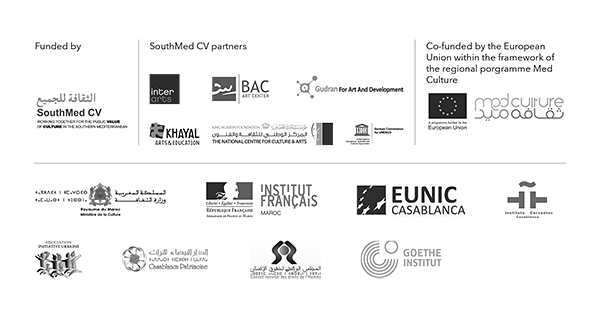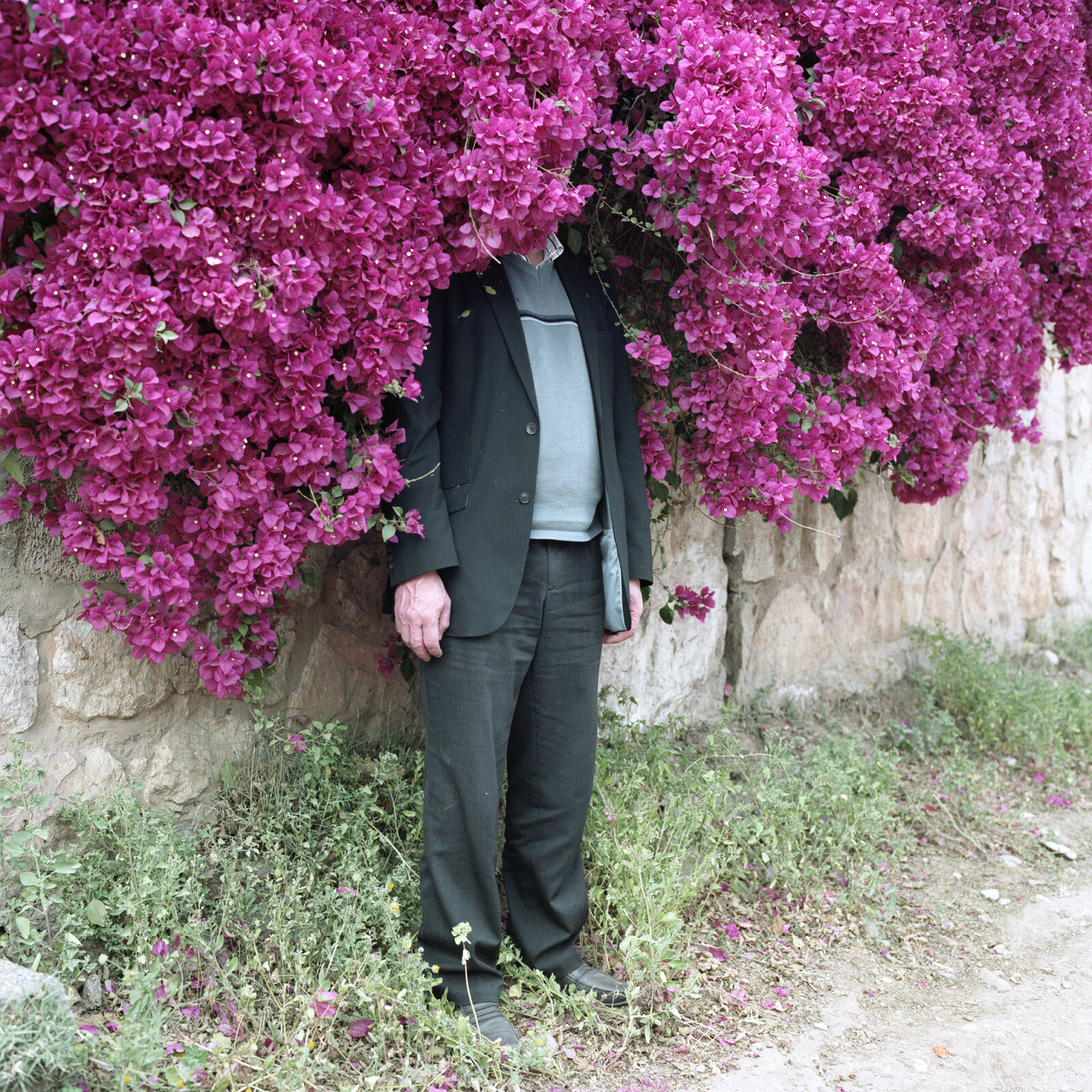Programme in Casablanca’s public and heritage spaces
May 18–October 15, 2016
The Greenhouse Casablanca (Morocco) is a programme of experimentation, reflection and creation in Casablanca’s public and heritage spaces. Highlighting and questioning the role of citizens and artists in projects centred on the reactivation of memory, heritage and abandoned and marginalised spaces, the programme considers the transformative potential of contemporary society through art.
Initially conceived and developed by L’Atelier de l’Observatoire, The Greenhouse Casablanca is a collaboration between artists, academics, civil society and public authorities, designed to foster a platform for the exchange of ideas and collective inquiry on the role and uses of cultural heritage in the Moroccan context.
Curated by Léa Morin, Mohamed Fariji and Nouha Ben Yebdri.
The Greenhouse Casablanca builds on previous editions of the ongoing La Serre / Greenhouse project, which creates ephemeral art spaces in urban and rural locations in Morocco, and most recently in Marrakech during the opening week of the Marrakech Biennale.
Programme
Reactivate
May 18–19: Encounters
Old Medina Cultural Centre, rue de Tanger / rue de Larache, Casablanca
May 15–June 5: Artists, collectives and researchers in residence
Moroccan and international collectives, citizens, artists, thinkers, researchers, cultural operators, institutions, political actors and activists are invited to present recent projects engaging with the reactivation of spaces, situations and works, and related to artistic and cultural heritage and collective memory.
With Mustafa Nissabouri (poet), Kenza Sefrioui (writer), Morad Montazami (curator and researcher, Zaman), Abdelmajid Arrif (ethnologist), Juan Asis Palao Gomez, Roa Misri, Reda Zaireg and Madeleine de Colnet (Bouanani collective), SISKA and Franziska Pierwoss (artists, Kino Projekt), Virginie Bobin (Villa Vassilieff), Alain Arnaudet (Friche la Belle de Mai), Jose Guirao (Fondation MonteMadrid), Vanessa Paloma (Khoya Sonothèque), Emma Chubb (art historian), Jake McCarthy Weiner (artist), Yvon Langue (cultural mediator), Yasmina Reggad (curator), Mohamed Fariji (artist), Maud Houssais Akhmim (art historian and researcher), Fatna el Bouih (sociologist), Soumicha Riyaha (human rights activist), Léa Morin (curator and researcher), Abderrahim Kassou (architect) and Mustafa Derkaoui (director).
Those Who Remain by Wiame Haddad
May 20–24: Exhibition
Derb Moulay Cherif, Casablanca
For Those Who Remain, photographer Wiame Haddad met with former Moroccan political prisoners, creating silent video portraits, and photographing bodies and objects that bear witness to the “years of lead,” with a focus on the singular nature of letters written in prison. The old police station of Derb Moulay Cherif, once a covert torture site, will be recreated in the district in an ephemeral manner to host the exhibition.
The Greenhouse at Hay Mohammadi
May 21–24: Ephemeral art space for encounters and exchange
Hay Mohammadi district, Derb Moulay Cherif, Casablanca.
The Greenhouse is a space open to all offering participative workshops, screenings, performances and encounters, and hosting a library, shared workspace and free café.
Collective Museum by Mohamed Fariji
May 2016: Presentation and workshops
July–October 2016: Interventions and exhibition at the former aquarium of Casablanca
Initiated by artist Mohamed Fariji, the Collective Museum is a citizen museum project dedicated to collective memory. It consists of a series of acts of recovery and collection of documents, photographs, objects, films, and memories from family and intimate life in cities, and from abandoned or former public spaces linked with daily family life and currently facing demolishment.
About the organisation
L’Atelier de l’Observatoire (art and research) designs, produces and disseminates projects conceived as tools to support Moroccan contemporary creation nationally, and internationally. It seeks to create the necessary conditions for projects unsuited to the current systems of artistic, academic and cultural production in the region to flourish, and to present these projects in bringing together artists, researchers and the general public by way of residencies, research seminars, cycles, workshops, exhibitions and participative art projects, in the public space, in rural areas and in city outskirts.


